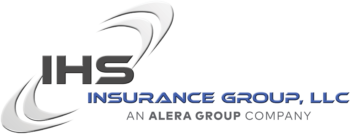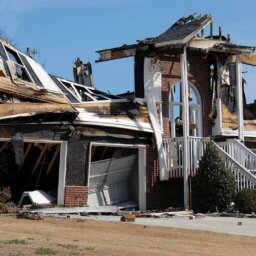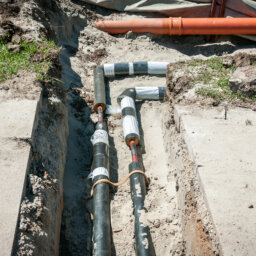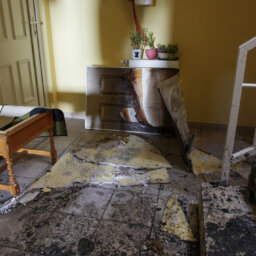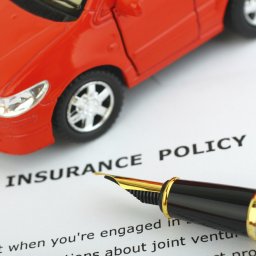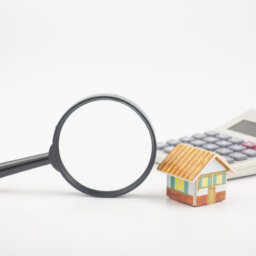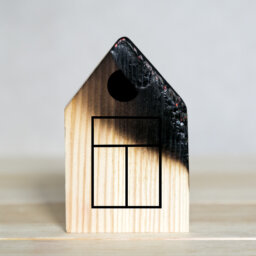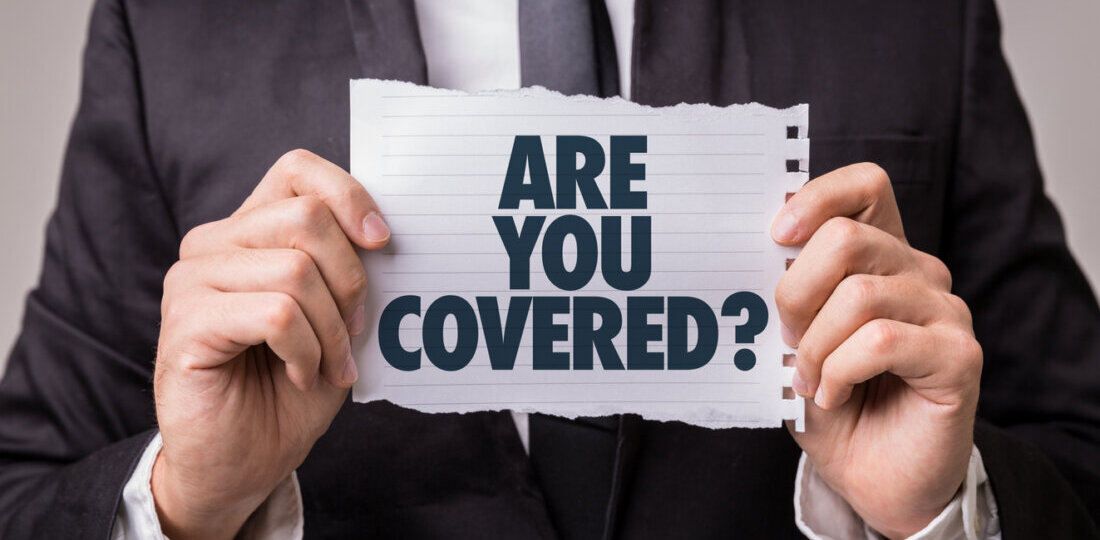
Discerning Your Ideal Home Insurance Coverages
Your homeowner’s policy doesn’t just help protect your house in the event of an unforeseen claim—it also pays for detached structures, personal property, additional living expenses, as well as liability claims.
Related: 5 Good Reasons to Get Homeowners Insurance
In this article, the team at IHS Insurance Group will walk you through each part of your homeowner’s policy, along with helpful tips that can help you determine how much coverage you need.
How Much Homeowners Coverage Do I Need for Structures on My Property?
Your homeowner’s policy looks at any buildings on your property in one of two ways:
- Coverage A – This is the primary coverage under your policy, which insures your home (the main structure), as well as attached structures like awnings, decks, and so forth.
- Coverage B – As a secondary coverage, this insures other structures like detached garages, swimming pools, fences, etc. Its limit is automatically set to 10% of coverage A.
For this article, let’s say the replacement cost on your home is $500,000. This means you’ll have $50K in coverage for other structures, which can be increased if necessary. How can you know for sure?
The professional agents at IHS Insurance Group have access to a replacement cost calculator program, which allows us to enter the details of your home, and in just a matter of minutes, receive a trustworthy assessment of the limits you need.
According to Michael Steele, IHS’s Principal Owner, “It’s important to keep in mind that your home’s purchase price and replacement cost might not be the same amount.” As an extreme example, during the last recession, you could buy some homes for pennies on the dollar compared to what it cost the developers to build them.
“Where you live can also play a big part in a home’s replacement cost,” Michael adds. “Labor and materials costs for building a home in Houston, for example, might not be the same in Lufkin, or San Antonio.”
Several other factors that can impact your home’s replacement cost include, “square footage, amenities, customizations, architectural style, roof type, older and/or historical homes,” Michael explains.
How Much Personal Property Coverage Do I Need?
If you could pick up your home, turn it upside down, and shake it, anything that fell out would likely be classified as personal property, which homeowners policies automatically set at 50% of coverage A. Continuing with our $500K home example, this means you would have $250K worth of coverage for personal property.
However, you can increase these limits as needed, based on an inventory of your personal possessions.
IHS Pro Tip: You can make the inventory process less tedious by downloading a related smartphone app from Google Play or iTunes, where you can take pictures, include notes, and more.
Is Coverage for Loss of Use Important?
Coverage D under your homeowner’s policy, formally known as Loss of Use, pays for your added costs if you’re forced to move out of your home due to a covered claim.
For example, if you usually spend $250 per week on groceries, but your food budget increased to $400 because you lived in a hotel and had to eat out more often, coverage D would pick up the tab for the additional $150.
Coverage D is automatically set to between 20% and 30% of your Coverage A limit, depending on the carrier. Some companies allow you to increase this limit using an endorsement, while others have a fixed Loss of Use percentage.
How Much Liability Coverage Do I Need?
Imagine that you’re having friends over for a pool party when one slips on the wet pavement, falls, and hits their head, resulting in an ambulance ride, an overnight stay in the hospital, a severe concussion diagnosis, and a $50K medical bill. Unless you could afford to pay for these costs out of pocket, this is something Coverage E (Liability), and Coverage F (Medical Payments) portions of your homeowner’s policy can help protect against.
Most insurance companies offer liability limits ranging between $100K and $500K, although the cost between the two typically isn’t drastic. Overall, you’ll want to ensure you have enough homeowner’s liability to fully protect your assets, including other property you own, savings accounts, and investments.
Should I Consider Optional Homeowners Coverage Endorsements?
In addition to the basic coverages listed above, most insurance carriers offer optional endorsements that can increase, or otherwise alter, the coverage under your homeowner’s policy:
- Umbrella – Provides excess liability above and beyond what’s offered under your core homeowners’ policy. Limits typically start at $1 million and can go as high as $10 million or more.
- Scheduled Personal Property – Certain classes of property have limited coverage under a homeowner’s policy, such as jewelry, fine art, and high-end sports equipment. This endorsement considerably broadens coverage for any individually listed items.
- Extended Replacement Cost Dwelling – Increases the limit available for Coverage A (Dwelling) by 25% or 50%, which can help cover upgrades or renovations you’ve made, as well as the inflated cost of building materials.
- Replacement Cost Contents – Covers the cost of entirely replacing your contents lost in a covered claim, versus the actual cash value (ACV), which accounts for depreciation.
- Increased limits for other structures – Fences, decks, pools, detached garages, tennis/basketball courts, etc.
- Business on Premises – Insurers allow certain businesses to operate on a residence premises, although liability coverage is typically excluded coverage for related activities. In certain instances, this endorsement extends liability from the home to the business.
- Flood – Nearly all homeowners policies exclude damage caused by rising water (i.e., flood). Instead of an endorsement, though, you’ll need to purchase a separate flood policy.
Related: Does Your Homeowners Policy Cover Water Damage?
Do You Have Questions About How Much Homeowners Insurance You Need?
The professional staff at IHS Insurance Group is here to answer your questions about adequately insuring your home, whether you’re buying your first or building your dream property.
Need a FREE Quote or have questions regarding Home Insurance Coverage? We have three convenient ways to reach us:
- If you prefer to talk to a licensed agent directly, please call (866) 480 5063.
- If you prefer to fill out a quick form and have an agent get back with you at your convenience, use the GET A FREE QUOTE.
- Lastly, for those that want an immediate quote, please click HERE.
We look forward to speaking with you today!
